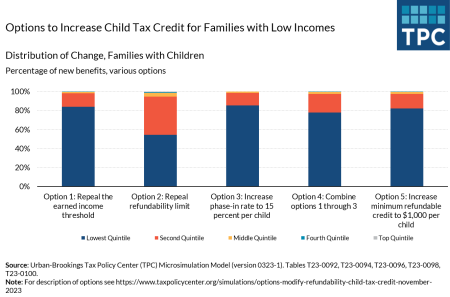The IRS just released the 2024 contribution limits on qualified retirement plans, such as your 401(k). That’s crucial info for employees and executives who can participate in company nonqualified deferred compensation (NQDC) plans.
Here’s why. For most NQDC plan participants, year-end is the time to be like an autumn squirrel and decide how much to put away for the future. November and December are when they choose how much of next year’s salary to defer beyond the 401(k) limits. Factors in that decision about nonqualified plans include the newly released IRS limits that apply to qualified retirement plans.
How The 2024 IRS Qualified Plan Limits Affect Nonqualified Deferrals
Generally, you defer income via nonqualified plans only when you know you will max out your yearly contributions to qualified plans. Therefore, the contribution limits set by the IRS on qualified plans, adjusted annually for inflation, are important for NQDC planning.
If you’ve already maxed out your qualified plan contributions for 2023, you will probably do the same in 2024, so you will need NQDC plans to defer any salary and bonus increases you expect in 2024. Your motivation to defer may be boosted further if you believe tax increases are on the way and will affect you.
2024 IRS Contribution Limits For Qualified Plans
The IRS changes in limits for 2024 are much smaller than the increases for 2023 because these adjustments are based on the inflation rate, which has moderated. Here are the key annual contribution limits on qualified retirement plans for 2024, with the 2023 limits in parentheses:
Elective compensation deferrals, such as 401(k) and 403(b): $23,000 (up from $22,500)
Compensation limit in calculation of qualified deferral and match: $345,000 (up from $330,000)
Catchup contribution for people aged 50 or older: $7,500 (no change)
Total defined contribution limit (employee and employer contributions): $69,000 + catchup contribution (up from $66,000 + catchup)
Defined benefit plan payout limit: $275,000 (up from $265,000)
Income threshold defining key employees for top-heavy plans and six-month delay on payout upon separation: $220,000 (up from $215,000)
Income threshold defining highly compensated employees for nondiscrimination testing: $155,000 (up from $150,000)
Qualified Versus Nonqualified Retirement Plans
The yearly contribution limits for qualified retirement plans are a big reason why companies offer nonqualified plans: to let executives and other highly compensated employees save extra money for retirement with an elective nonqualified plan or an excess 401(k) plan. The deferred income is “nonqualified” because it does not fit the rules in the tax code that allow tax-qualified plans, such as 401(k) and 403(b) plans.
Nonqualified deferred comp allows you to put away amounts beyond the permissible contribution amounts of standard qualified retirement plans. For retirement planning, it can therefore bridge the considerable gap that arises between the amount of income that you will actually need in retirement and the amount of income that can be provided via your 401(k) plans and Social Security.
Nonqualified Deferrals Have Complex Rules
Nonqualified deferred compensation plans and their participants must follow the complex rules under Section 409A of the US tax code. These rules govern your deferral and distribution elections. The amounts that you defer can only be informally funded by your company, and they are at risk should the company enter bankruptcy proceedings.
The website myNQDC.com is a comprehensive resource on NQDC plans, including the basics, the deferral/distribution process, the risks, and the related financial and tax planning.
Social Security Wage Cap Also Rises In 2024
Set by the Social Security Administration, the Social Security wage cap will rise to $168,600 in 2024, up from $160,200 in 2023.
With the 6.2% rate of Social Security tax, the maximum possible Social Security withholding is $9,932.40 in 2023 and will rise to $10,453.20 in 2024.
Social Security tax (up to the yearly limit) and Medicare tax (uncapped) are withheld at the time of deferral, as shown by an FAQ at myNQDC with an annotated diagram of Form W-2 showing where these amounts are included.
Further Resources
For a table comparing the features of 401(k) plans and NQDC plans, and their relative advantages and disadvantages, see an FAQ at myNQDC.com. See also the website’s FAQ on the top NQDC-related issues in year-end planning.
Read the full article here








